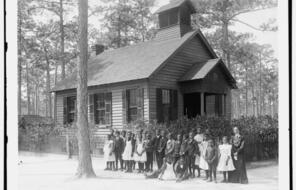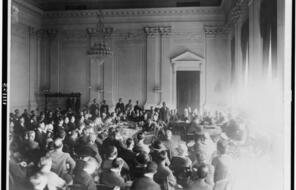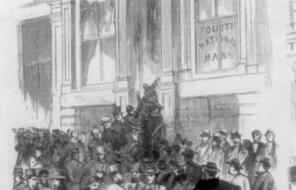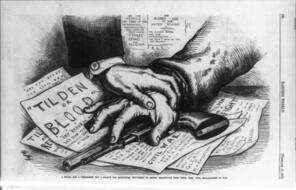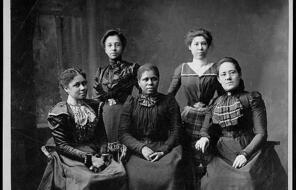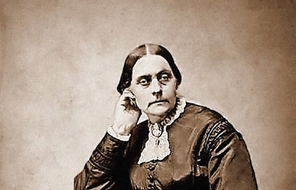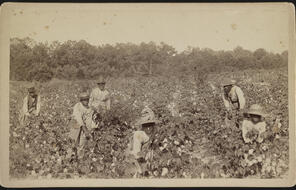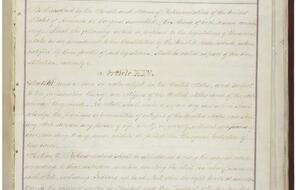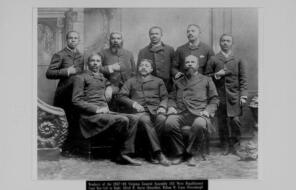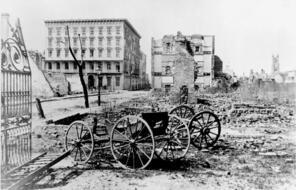We Need a New American Founding
At a Glance
Subject
- History
- Social Studies
- Democracy & Civic Engagement
- Human & Civil Rights
- Racism
Drawing from the history of Reconstruction and the twentieth-century civil rights movement, Eddie Glaude, Jr., calls for a “new American founding”:
We need an America where “becoming white” is no longer the price of the ticket. Instead, we should set out to imagine the country in the full light of its diversity and with an honest recognition of our sins.
After the Civil War, the fabric of America was woven anew after fraying almost beyond its ability to hold. Reconstruction led to the formation of the modern U.S. nation-state. With expanded federal power, the passage of the Civil Rights Act of 1866, and the Civil War amendments—the Thirteenth, Fourteenth, and Fifteenth—Congress, led in many respects by the House Ways and Means Committee chairman and radical abolitionist Thaddeus Stevens, put forward an idea of citizenship untethered to the issue of race. Almost immediately, forces sought to undermine the promise of the second founding, but the point here is that Stevens and others sought to radically transform the country’s understanding of itself as they grappled with questions of equality, the right to vote, and the role of government in protecting the rights of all citizens.
Stevens and his colleagues went back to where we started. They understood that the three-fifths clause and the fugitive-slave clause had tilted the balance of power to the slaveholding states; that the Constitution did not live up to the Declaration of Independence’s promise of equality; that the actions of the states and the courts consolidated a view of Black people that mandated their inferior place in American society. With the Civil War amendments, they aimed to begin again. But the country turned its back. The Black-freedom struggle in the mid-20th century, what scholars call the Second Reconstruction, sought, among other things, to complete what was left of this “unfinished revolution,” as the historian Eric Foner describes it.
Now we find ourselves facing a moral reckoning of the same magnitude. I don’t yet know what this will look like in its details—and my understanding of our history suggests that we will probably fail trying—but I do know that each element is important to any effort toward beginning again. As Samuel Beckett wrote in his 1983 novella, “Worstward Ho,” “Try again. Fail again. Fail better.” 1
- 1Eddie S. Glaude Jr., “We Need to Begin Again,” The Atlantic, July 18, 2020.
How to Cite This Reading
Facing History & Ourselves, "We Need a New American Founding," last updated September 1, 2022.
This reading contains text not authored by Facing History & Ourselves. See footnotes for source information.


